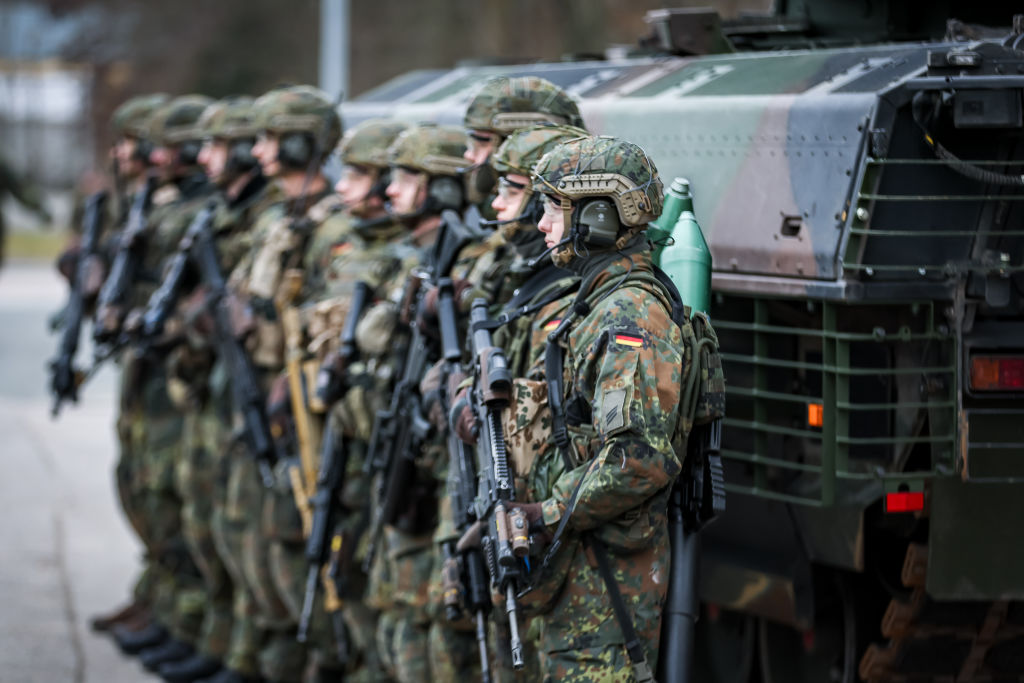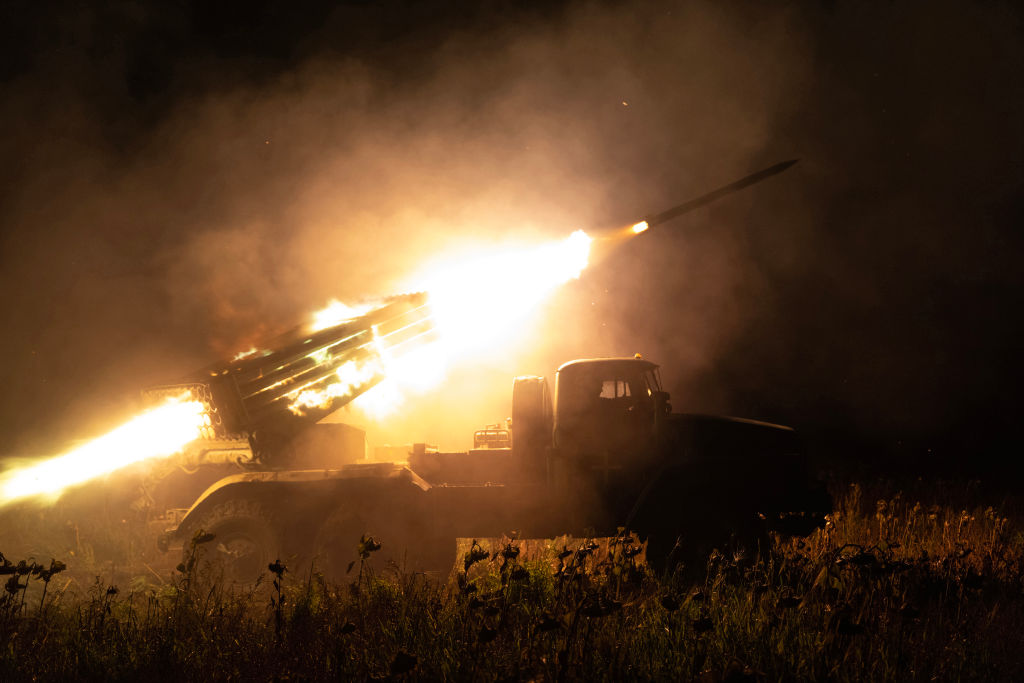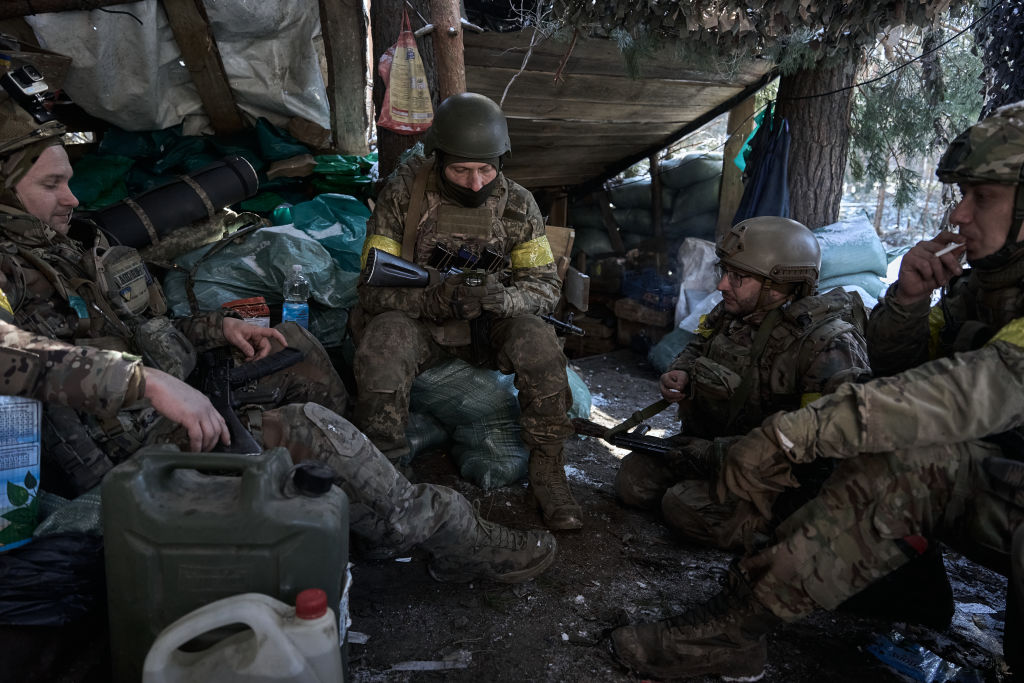Pope Francis will not visit the European institutions during his trip to Luxembourg and Brussels, which will take place from September 26 to 29. Pope Francis wants this to be a pastoral trip, dedicated only to the faithful of Belgium and focused on the Catholic University of Louvain, which is celebrating its 600th anniversary.
The trip will be relatively short, and many events will occur away from Brussels. Pope Francis will reside in the apostolic nunciature, the diplomatic mission of the Holy See which is equivalent to an embassy, and will meet members of the royal family and the diplomatic corps. Then he will be at the visit’s key events in Louvain and Louvain-la-Neuve. Afterwards, he will be back in Brussels to visit the Basilica of the Sacred Heart of Koekelberg and to say Mass at the King Baudouin Stadium.
A meeting dedicated to the European institutions would not fit into his agenda, but that was never Pope Francis’ intention. The Pope visited the European institutions in 2014. Back then, however, the trip was dedicated only to Europe. He visited the headquarters of the European Parliament and the Council of Europe in Strasbourg. Pope Francis wanted to avoid making it look like it was meant as a trip to France.
Now Pope Francis is looking directly at Belgium and does not want the trip to be confused with a message to European authorities. The focus of the trip is, among other things, the University of Louvain. Five themes will be developed during the meeting that Pope Francis will have with the university community.
The themes are the theological and philosophical roots surrounding social and environmental crises, emotions—such as eco-anxiety—and involvement, inequality, the place of men and women, and the role of sobriety and solidarity.
The Pope and the university community will develop these themes in a question-and-answer session. Whether the Pope will stick to the prepared answers or speak off the cuff remains to be seen.
The meeting with the professors will instead focus mainly on one theme: migration. This can be called a courageous question for the Pope.. It is also relevant because the focus should also touch on the issue of the response to the migratory phenomenon and other political issues. That is why, in the migration crisis, a sort of “political switch” towards new populism has taken place.
Another theme of the visit will be that of child abuse. The drama of abuse, which broke open in 2010, shook the Belgian church. There was a church commission and a government commission. The church in Belgium has done a deep examination of conscience. However, the case of abuse often returns to public opinion and has led to the formation of another new commission.
The Belgian Bishops’ Conference is currently working on an appropriate action plan for its ongoing fight against abuse in the Catholic Church. The plan is partly based on recommendations from parliamentary committees but also the results of continuing research at the Catholic University of Louvain and dialogue with victims. Significantly, the Archbishop of Brussels-Malines, Luc Terlinden, has become responsible for the issue of abuse within the conference he presides over.
His position will last until the new action plan comes into force. Terlinden may also address the issue of abuse.
Pope Francis will meet privately with 15 victims of abuse, whose identities have not been disclosed. The meeting will be confidential and will be communicated only after it has occurred.
According to sources, the King of the Belgians will also address the abuse issue in his speech. He will not do so to point the finger at the Catholic Church but to highlight the commitment that has been made to overcome the tragedy of abuse.
The fact that the trip will be centred on Belgium is also noted in one detail. Pope Francis, in Brussels, will only meet some, not all, of the diplomatic corps accredited in Brussels. The organisation has instead decided to direct the 300 invitations for the meeting to various members of civil society, reducing the diplomatic corps to one representative from each geographical area.
There could be some representatives of the European Union, but this is not yet certain. It is likely that the meeting with some members of the European institutions – perhaps the president of the European Commission, Ursula von der Leyen – will take place privately, possibly at the apostolic nunciature.
What are the objectives of Pope Francis’ trip to Belgium? To understand this, we must also look at the genesis of the trip. More than anyone else, three personalities have made the trip happen: Philippe, the King of the Belgians, and the rectors of the Catholic University of Louvain. Since 1968 the University of Louvain has been divided into two: the Katholieke Universiteit Leuven, of Dutch language, and the Université Catholique de Louvain, of French language, with headquarters in Louvain-la-Neuve.
Both universities owe their birth to Pope Martin V, who in 1425 founded the Studium Generale Lovaniense. Therefore, the university is celebrating its 600th anniversary, so the invitation came to Pope Francis, whom the king then supported. The initial idea was to have a trip of only two days, but the Pope will now spend almost three days in Belgium. The first day in Luxembourg is added to these three days, but the Pope will not stay there overnight.
It was clear from the start to Pope Francis that his first goal was to celebrate the University of Louvain, and the organisation of the trip was immediately directed towards this intention.
Archbishop Franco Coppola, the Pope’s ambassador in Brussels, explained in an interview with CathoBel that Pope Francis chose Belgium “in line with his choice to go to the peripheries. We always see Belgium as the centre, the heart of Europe, and this is the reality. But this centre shows how the reality of secularisation manifests itself. From this point of view, it has become a frontier country, the church is faced with a new situation and very often suffers the missionary and evangelizing drive that the Pope will help all of us to face this challenge.”
It remains to be seen whether the Pope’s speeches will be addressed only to Belgians or whether they will be intended as a wake-up call for Europe. After all, the trip from September 26 to September 29 will be a very short one. Catholics working in the European institutions would probably have felt the need for a word from the Pope, which there will not be.





Germany will take 40 years to regain its 2004 capabilities in tanks, 100 years in howitzers